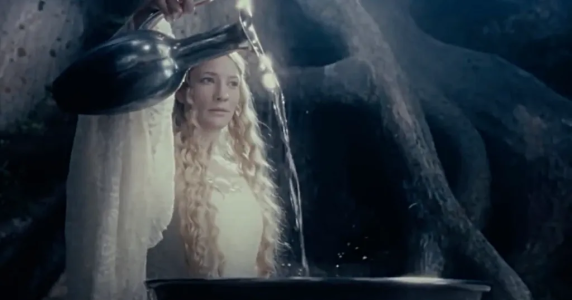“As long as there are slaughterhouses there will always be battlefields.“ -Tolstoy
I really like the novel
War and Peace, but I have to disagree with Tolstoy on this conclusion. People tend to think that the capacity for cruelty, violence, and brutality is the reason or the practice of cruelty, violence, and brutality are the reasons why humans go to war, but when one examines why we incite battles or go to war under an evolutionary perspective there appears a possibly shocking answer that I've allude to in previous posts and that
@John K has expressed about our social nature being both light and dark that I'll flush out more in response to this Tolstoy quote.
First of all, most animals practice some form of what people would consider cruelty, violence, brutality, and sadism to varying degrees with predators being more inclined to practicing these forms of animal behaviors to compete and for acquiring resources, when one is discussing mammals and some birds in particular, they contrast this more brutal, red tooth and claw set of animal behaviors with behaviors for nurturing and bonding with members of their species and at times more broadly other species as observed in dogs, cats, and humans; however, intraspecific competition is normal across all animal species:
Intraspecific competition - Wikipedia. Now, how many animals' mammal or non-mammal go to war or practice warfare? Warfare being the use of violence, brutality, cruelty, and sadism as means to compete with other groups within a species; I do not mean to formally form opposing sides to fight and continually fight to see who wins or two sides teaming up to defeat a third, this of course is a human invention, what I am talking about is where the roots for formal human warfare come from, and I'm going to call it all war fare because it looks like it, not because it fits some scientific dentition of what human beings do.
Well, perhaps subtly noticed in what is meant by warfare, you need to have animals that collude and form groups to have warfare and not merely the tendency to practice cruelty, violence, brutality, and sadism. Possibly more interesting and to me more important, most animals whether predatory, herbivore, or omnivore do not go to war, practice war fare, or use some form of brutality, violence, and cruelty apart from mating competition, competing for resources, play, and predation. There are at the moment only a few known species that have been observed to genuinely practice war fare, humans, bees and hornets, termites and ants, chimpanzees, meerkats, wolves, langurs, hyenas, and African lions. The specific instances where groups organize themselves to compete for territory, mates, and resources across species are not important to me, but if you're curious about some evidence of what I'm saying, check out these articles:
Do Animals Go to War? (nationalgeographic.com) and
YS 24-1 Territoriality and Inter-Pack Aggression in Gray Wolves Shaping a Social Carnivores Life History - Yellowstone National Park (U.S. National Park Service) (nps.gov) what is important to me is that all of these animals are social. Now, this isn't to imply that all social animals commit what looks like warfare, because, for instance, in Orcas and killer whales this general trend has yet to be witnessed and they're not the only social animal to be missing from our list---it is small and unique one, yet it is reliable to say that social animals are the ones that go to war. This to me is the shocking bit as
@John K and
@ErikAlberto have presaged upon and hinted to in their posts, it's not because we have slaughterhouses or can be violent or brutal that we practice war fare; it's because the other side or another aspect of being social for humans is to be a warring animal that there is a dark and light side to our social nature. Get rid of the slaughterhouses and humans will still go to war, because to do so is a part of our social nature. There are no simple solutions or simple answers, because we're likely not contending with something that we learned to do over the course of developing culture, more so based on archeological evidence and the presence of war in the history of hunter gather tribes, there has probably never been a time in human history until very recently that we have not had war, there is very little evidence of the noble savage hypothesis or that sociality inherently means affability and beneficence.
I mainly discussed war, but it's my belief that not only war but betrayal, violence, manipulation, and deception are natural strategies of our social nature.





